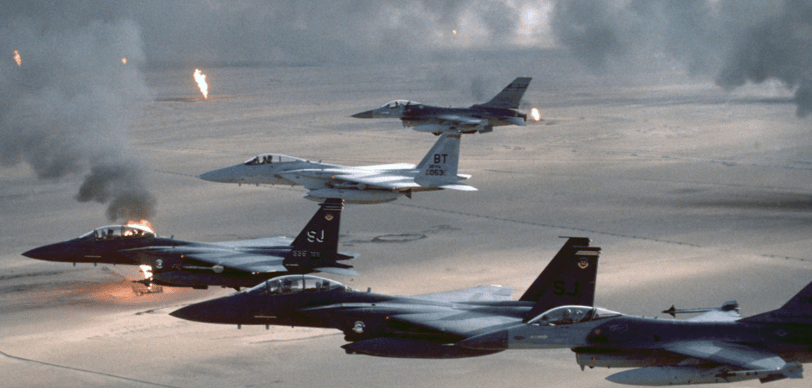The Impact of War
Critical Thinking, and Empathy
War, with its complexities and consequences, is a challenging topic to teach, especially to English as a Foreign Language (EFL) students. However, employing diverse strategies can help students grasp its impact while enhancing their language skills. Here are several engaging methods:


1. Vocabulary Expansion:
Create word banks with terms related to war (e.g., conflict, casualty, refugee) and discuss their meanings and usage.
Use visuals like images, videos, or infographics to illustrate vocabulary in context.
Encourage students to create flashcards or mind maps to reinforce their understanding of war-related terms.
Incorporate authentic materials such as news articles or historical texts to introduce new vocabulary.
Organize vocabulary games like crossword puzzles or word association activities to make learning fun and interactive.
2. Speaking and Writing Lessons:
Conduct group discussions on the causes and effects of war, encouraging students to express their opinions and ideas.
Assign writing tasks such as essays or reflective journals where students can explore the emotional and social impact of war.
Use prompts to inspire creative storytelling about personal experiences or fictional narratives set in wartime scenarios.
Implement peer review sessions to provide constructive feedback and improve speaking and writing skills.
Organize oral presentations where students share their research findings or perspectives on specific war-related topics.
3. Role-Play:
Assign roles representing different stakeholders in a conflict (e.g., soldiers, civilians, government officials) and simulate negotiations or peace talks.
Create scenarios based on historical events or contemporary conflicts and have students act out the roles of key figures.
Encourage improvisation and critical thinking as students navigate complex ethical dilemmas and decision-making processes.
Debrief after role-play sessions to discuss the outcomes and reflect on the challenges and perspectives presented.
Provide opportunities for students to swap roles and gain insights into diverse viewpoints.
4. Inquiry-Based Learning (IBL) Projects:
Assign research projects on specific aspects of war, such as its economic, environmental, or psychological impact.
Encourage students to formulate guiding questions and conduct independent investigations using a variety of sources.
Facilitate collaborative inquiry by organizing group projects where students can share their findings and insights.
Showcase student projects through presentations, posters, or multimedia formats to promote learning beyond the classroom.
Foster critical thinking skills by challenging students to analyze and evaluate the credibility of sources and information.
By incorporating these diverse strategies, we can create dynamic and enriching learning experiences that deepen students' understanding of the impact of war while enhancing their language proficiency. Need a comprehensive lesson plan to teach the topic? See if this lesson plan can work for you. Happy teaching!






5. Debate:
Organize debates on contentious issues related to war, such as the morality of armed intervention or the effectiveness of peacekeeping efforts.
Provide students with resources and arguments from different perspectives to prepare for the debate.
Encourage respectful dialogue and constructive rebuttals as students engage in persuasive discourse.
Facilitate reflection sessions after the debate to encourage students to reconsider their positions and acknowledge opposing viewpoints.
Incorporate debate into the curriculum as a recurring activity to develop students' communication and critical thinking skills.


6. Case Study:
Present real-life case studies of war-affected regions or communities and analyze the social, economic, and political dynamics at play.
Encourage students to examine primary sources such as testimonies, photographs, or government reports to understand the human impact of war.
Facilitate discussions on the complexities of conflict resolution and post-war reconstruction based on the case studies.
Assign reflective writing tasks where students analyze the lessons learned from the case studies and propose solutions to mitigate the impact of war.
Encourage empathy and perspective-taking as students engage with the experiences of individuals and communities affected by war.


